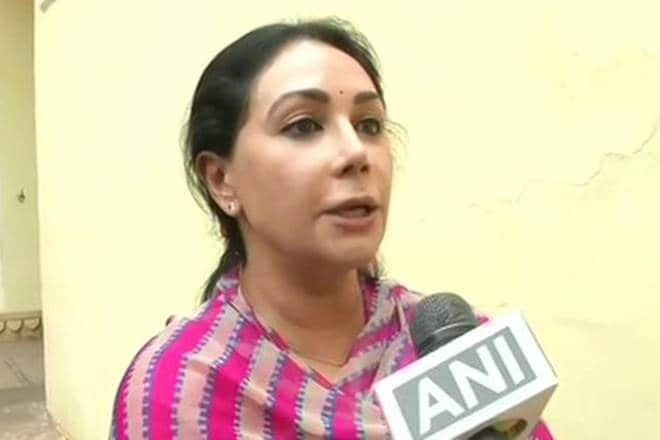A Bharatiya Janata Party lawmaker from Rajasthan has responded to the Supreme Court’s query while hearing the Ram Janmabhoomi-Babri Masjid land dispute case wherein it had sought to know if any descendant of Lord Ram was still staying in Ayodhya. BJP MP from Rajathan’s Rajsamand, Diya Kumari on Sunday came forward and said that she was a descendant of Lord Ram’s son Kush. The MP claimed that her family had descended from Kush and even produced documents. “I’m saying this on basis of manuscripts & documents we have. I said this after SC (during Ayodhya case) asked if there are any descendants of Lord Ram?” Kumari was quoted as saying by news agency ANI.
Kumari, who is a member of the erstwhile Jaipur royal family, also claimed that descendants of Ram were all over the world. “Court has said where are the descendants of Lord Ram… Descendants of Lord Ram are all over the world,” asserted Kumari. She said that she could produce manuscripts and documents proving her lineage in the court, but did not want to interfere in the case.
Rajsamand MP&BJP leader, Diya Kumari claims that Jaipur’s erstwhile royal family has descended from Lord Ram’s son Kush, says, “I’m saying this on basis of manuscripts & documents we have. I said this after SC (during Ayodhya case) asked if there are any descendants of Lord Ram?” pic.twitter.com/U052PnDhtH
— ANI (@ANI) August 11, 2019
The BJP lawmaker also asked the Supreme Court to expedite the hearing in the case as everyone has faith in lord Ram. She urged the court to give its verdict soon.
On Friday, the apex court had asked if anyone from the ‘Raghuvansha’ (descendants of Lord Ram) was still residing in Ayodhya. The Court had put forth the query to ‘Ram Lalla Virajman’, the deity and one of the parties in the Ayodhya land dispute case. “We are just wondering if anyone from the ‘Raghuvansha’ dynasty is still living there (at Ayodhya),” a five-judge Constitution bench headed by Chief Justice Ranjan Gogoi had asked Ram Lalla Virajman.
The Ram Janmabhoomi-Babri Masjid land dispute case is a politically sensitive one and the petitioner has sought claim over the land where a Ram temple was allegedly razed to construct a mosque. On December 6, 1992, the Babri Masjid, constructed at the disputed site in the 16th century by Shia Muslim Mir Baqi, was demolished.
The Supreme Court is currently holding day-to-day hearings in the Ayodhya case.


